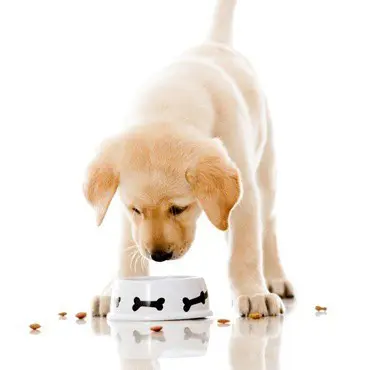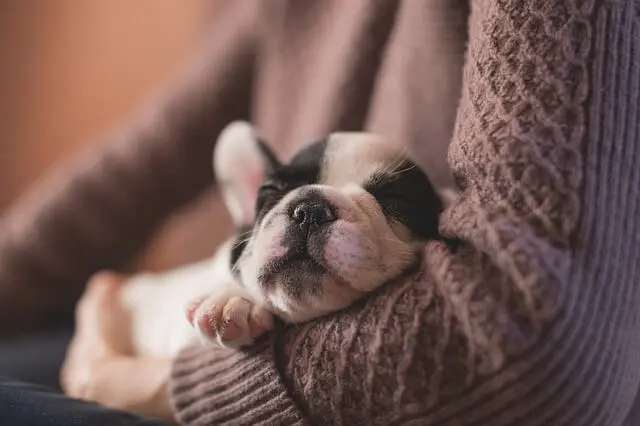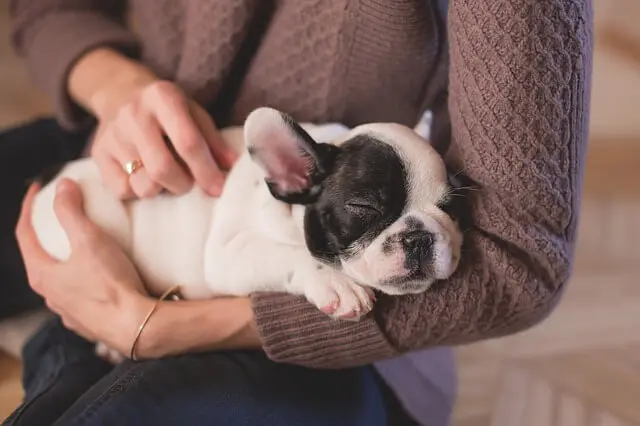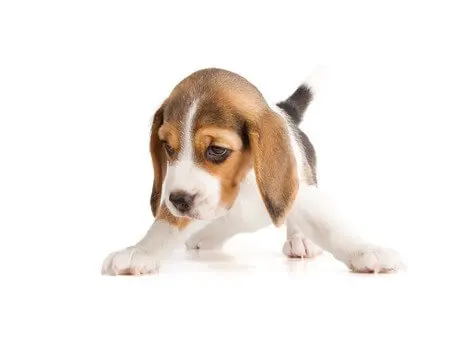Looking after your puppy – General care advice

Puppy Care Basics & Looking after whelps
If you have just got your new puppy or are deciding on bringing a puppy into the home, congratulations, it is a very exciting time. Dog’s are a lot of fun and do make one of the most rewarding of pets. However as a new puppy owner you will be aware of the challenges and responsibilities that comes with dog owning.
In the early years puppies do require a lot of due care and attention. Therefore it’s good to be organised in looking after your puppy and to be aware of some of the challenges you may face.
There are a number of things your new puppy will need however the essentials would be-
1. Food and water bowl
2. A collar and walking lead
3. A suitable dog carrier
4. Warm bedding and blanket
5. Identification tag detailing the appropriate information, this is usually the owner and his/her name and address. The ID tag is a legal requirement under the control of dogs order 1992.
6. Food- For the first few days it is advised to use the same food the puppy is used to, the breeder should help you with this, a good breeder will give you some food to take with you.
Collecting your new puppy
It can be very awe-inspiring collecting and bringing your new puppy home for the first time. Try and remember that it will probably be very nervous being taken away and leaving its litter. It is always advisable to take something it has been playing or sleeping with, this will hold the scent of its litter. Young puppies do tend to wee when nervous or excited so spare bedding or blankets could be a good idea. Try and avoid loud noises and if the puppy does appear in distress reduce the amount of handling and sit with it quietly.
Day to day care of your puppy
In the early development stages your puppy is still very much learning how to behave and on average at six months puppies will explore regularly with their teeth, therefore it is important you have the puppy kept in a puppy proof environment, for most people this is a Kitchen or Utility room away from chemicals, electrical wiring and furniture. The new surroundings will be stressful on the puppy and it’s important it has a private place if feeling scared, a soft warm blanket or old duvet (along with its belonging from its old environment) in a puppy crate would be ideal.
Puppy Feeding
A good breeder will have provided you with some food for the first few days. It is advised you use this and not irritate their eating habits too much at this early stage. Once the puppy has settled in, diets can then be changed, however any new changes should be slowly and gradually introduced. Puppies do grow and develop fast, resulting in nutritional needs. A good quality puppy food is strongly advised over home cooked human food. Please speak with your vet if you’re unsure of what is the best diet for your puppy. Small puppies between the ages of 8-12 weeks require feeding 4 small meals a day, reducing to 1-2 by the age of six months old.
Young Dog Grooming – Fleas and Ticks
Regular grooming is important for your dog and introducing this as a puppy is a worthwhile approach. Getting your puppy used to this will help when the dog’s ears, mouth and teeth need to be checked. In addition the introduction of teeth cleaning is also very significant. A dog’s teeth are just as susceptible to infection and dental caries as humans. Puppies are inclined to have fleas and ticks, ear mites are very common. All of which are extremely irritating and can cause infection if left untreated. Spot on products are very easily used behind the neck of the dog or puppy and will eradicate any infection; it is advisable to comb through with a flea grooming brush after treatment.
Whelp Training
A puppy will not be reliably toilet trained and will wee when excited or scared. As a dog owner you will begin to spot the signs in anticipating when they need to go to the toilet. However they notably will require going after each meal, having had a drink and when they first wake in the morning. At these times take them outside and reward them once and only once when they go to the toilet.
Unfortunately there will be miss haps this is a learning experience for the puppy. However please do not refrain to a ‘telling off’ as this could lead to bad behaviour later on. As soon as you arrive home these training techniques can be put into affect. A routine will soon be picked up by the puppy and this can have positive attributes to it settling ito the home. Interaction with (puppy safe) toys is very advisable as mental stimulation is significantly important to their development.
Visiting the Vet
Hopefully you dog will remain healthy and should not need to go to a Vet to often. Apart from regular health checkups therefore it is strongly advised to register with a veterinary practice in your area. A puppy will require some important vaccinations which should be administered by a Vet. These vaccines are to support the dog’s immunity and assure they remain fit and healthy against disease. Notably against Hepatitis and kennel cough (a disease transmitted with other dogs). Post the initial vaccine plan your dog will require annual booster’s. A good Vet will advise you on this and organise a pet plan with you including regular health checks.
It is not uncommon during these early visits for the puppy to be wormed. It’s very likely the puppy may have picked something up and this is very standard procedure and should be re administered regularly to keep you and your family healthy. Your Vet will be able to advise you further on worming and how often you should worm your pet. This is also a good time to ask your Vet any questions you may have about caring for your new dog.
Useful Puppy Resources
If you still have questions and want to be as prepared as possible for your new puppy we recommended Gwen Bailey No1 Best seller ‘the perfect puppy’. In addition please do not hesitate to consult with your Vet if you have any concerns in regards your puppies health.
Paws Plus One prides it’s self on providing a wide range of dog products for puppies and dogs throughout their adult life.




